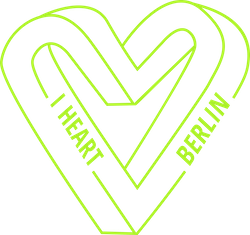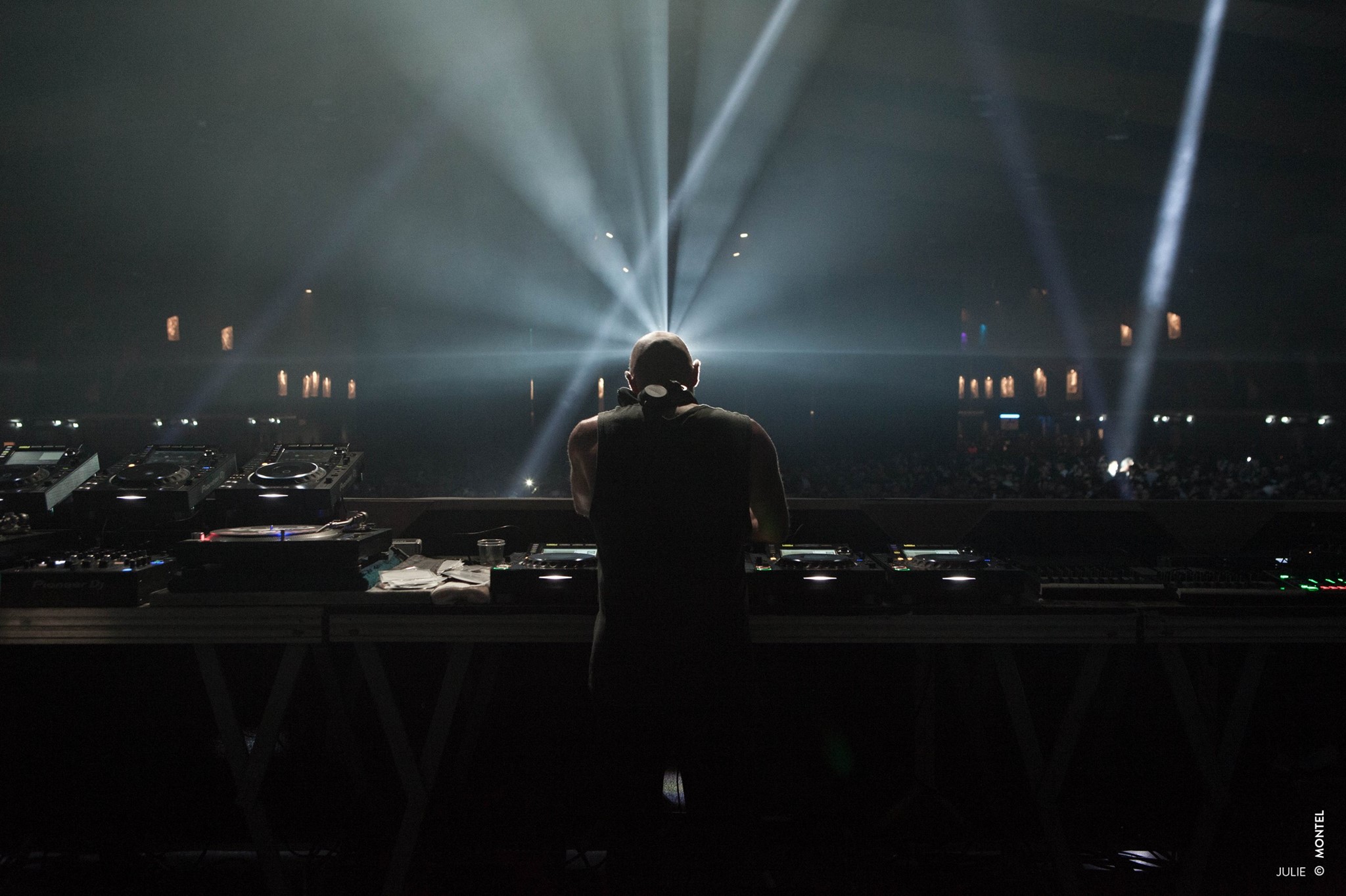photo: Julie Montel
Berlin is often referred to as Techno capital of the world. But, despite everyone knowing the word and that it is some kinda music, the world of Techno stays obscure to most people. Isn’t it just a never ending obnoxious BOOM BOOM BOOM BOOM? So, what is this, where does it come from, who’s hot, who’s not and where should I go in Berlin to actually experience what the fuss is all about? We gathered some information to clear up the mystery.
Let’s start with the basics. The most significant characteristic that makes Techno and distinguishes it from other music genres is its beat: a repetitive ‘4-to-the-floor’ bass drum on each quarter note (‘BOOM BOOM BOOM BOOM’). Contrary to its musical companion and forerunner House Music, which is in simple terms characterized by a bass drum followed by a high hat (‘BOOM TSS BOOM TSS’). Techno is based on music production technology. It is synthetically produced on synthesizers or drum machines. Instead of dancing to a Live Band with actual instruments, it is the celebration of music that got created in a studio, and cannot be played live. So far, so simple.
photo: Ema Discordant/Buttons Party
Most people believe that Techno has its origin somewhere in the late 80’s/beginning 90’s in Europe. But this genre of electronic music as seemingly every music genre of the 20th Century was initially created by people of color in the United States. Chicago and New York were the strongholds of House Music in the 80’s which has its roots in Disco Music. Classic House tracks can swift from soulful vocals, to energetic piano parts and glamorous violin elements. It generally evokes a more uplifting, joyful feeling, creating these moments on the dance floor when everybody throws their hands up in the air screaming “Yaaaasss”. But, it was Techno pioneers like Juan Atkins and Derrick May in Detroit who searched for different, modern and darker inspirations for their music and found it in the futuristic, technologically-driven productions of European New Wave groups like German Kraftwerk or later British bands like Depeche Mode. So, you can see German artists had their fingers in the pie pretty early. The Techno pioneers in Detroit mixed their inspirations with sound structures from House Music and created darker, harder, even industrial sounding tracks: Detroit Techno.
Europe literally RAVED on the new music genre and with its rising popularity cities like London and especially Berlin created a hub for the early Techno scene. The open spaces of Berlin after the German reunification were a playground for the rise of underground Techno. The Bunker, Planet, E-Werk, Tresor or the Berghain predecessor OstGut, Berlin Techno Clubs got world famous in the 1990’s.
photo: Mitch Altman / CC
But why do people love it?! What’s the freakin’ fuzz about? It’s damn loud, dark, aggressive even, right? – But, if you ever want to open up to this music, if you want to look beyond stigmas of darkness, drug abuse and people losing themselves in nightlife, you might be able to see its hypnotic quality. Techno is meditation. It is a repetitive beat pushing you into a hypnotic state of mind. Others do yoga, therapeutic fasting or healing silence I dance to repetitive bass drums to think about me and what the hell I’m doing with my life. Ultimately, what’s more human than a (heart) beat?
Contrary to House Music, Techno is more about what’s happening in your own head. There is a reason why Techno dance floors are always so damn dark. You’re not even supposed to see the crowd. All the clubbers will agree, it’s these afternoons dancing to an uplifting Disco set on a garden dance floor when we socialized or the brighter, eye-opening interiors of Panorama Bar that made us look around and even flirt. House is about community. Techno is about you, you and your brain. So, if you can’t deal with Techno, maybe you’re just not ready to deal with your own mind!? – Merely an assumption…
photo: Julie Montel
Ok, so we got the basics, the history and the psychology of Techno down, but, what makes a good Techno set? And who’s good at it in Berlin? As a friend of mine has recently precisely put it House sets are often more like a collection of short stories. You can jump on and off but you can still get the narrative. A good Techno set on the other hand is more like a solid 3 to 4 hours feature film. One that you really got to listen and dance through in order to get it. It’s not like we can really argue to have an opinion on ‘The Godfather’ by only watching 20 minutes of it, right?
So who is a good musical story teller in Berlin? World famous DJs who hail from the German capital and narrate extraordinary Techno sets weekend after weekend are e.g.:
Marcel Dettmann: Straight-forward, rough and minimalistic sound narratives.
Ellen Allien: Dynamic, eclectic soundscapes telling long musical arcs every night.
Len Faki: Hypnotic, yet energetic stories that push everyone into a dancing trance.
Paula Temple: Fast, banging set adventures, uncompromisingly creating tension at 150bpm.
And last, but definitely not least: Where to go next weekend if you feel ready to dive into one of these hypnotic Techno narrations?
AWAY, Buttons or STAUB at ://about Blank
Klubnacht or Herrensauna at Tresor
Klubnacht at Berghain
… will never let you down. So, if you feel ready now, let the therapeutic Techno raving begin.
photo: Michael Mayer / CC





